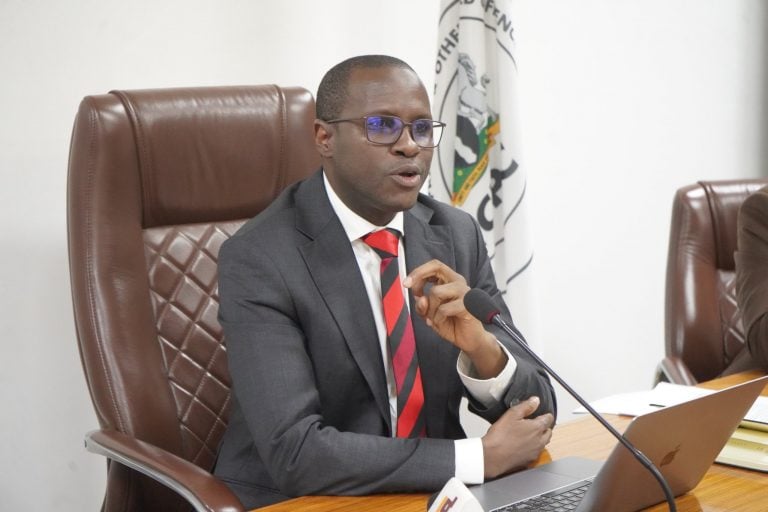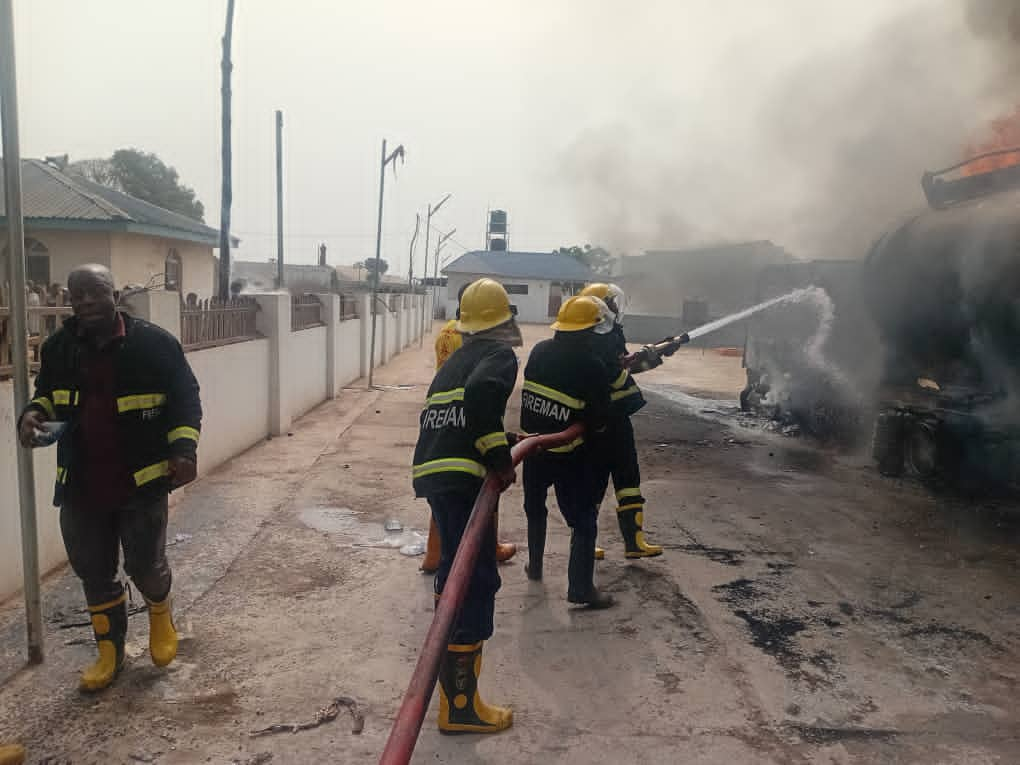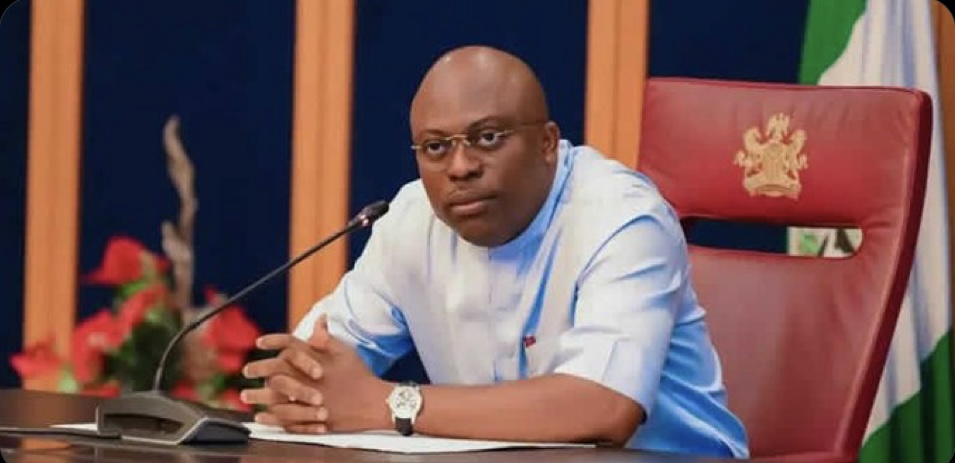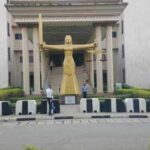ICPC Chairman Urges Judiciary to Fast-Track Corruption Cases

The Chairman of the Independent Corrupt Practices and Other Related Offences Commission (ICPC), Dr Musa Aliyu, SAN, has urged the judiciary to accelerate the trial of corruption cases, warning that prolonged proceedings weaken Nigeria’s anti-graft campaign.
Aliyu made the appeal on Monday at the opening of a two-day workshop and capacity-building programme for judicial officers at the National Judicial Institute, Abuja.
He emphasised that the judiciary remains central to ensuring that corruption does not pay and that offenders do not profit from stolen public funds.
“The effective administration of justice in corruption cases requires both vigorous law enforcement and scrupulous judicial oversight,” Aliyu said.
The ICPC boss noted that the workshop aligns with the commission’s Strategic Action Plan (2024–2028), designed to improve judicial efficiency and strengthen collaboration between investigators and the courts.
Aliyu observed that corruption cases have become increasingly complex due to technological advancements and changing social dynamics, underscoring the need for continuous judicial training.
He linked the initiative to his CARE for Impact policy, which balances corruption prevention with enforcement, and said the strategy had already yielded results.
“Through this approach, we have blocked over ₦20 billion from reaching ghost workers and recovered more than ₦2.5 billion from local government remittances across six states,” he revealed.
Delivering a lecture titled “Fair Trials: Balancing the Statutory Powers of Law Enforcement with Judicial Powers in Adjudicating Corruption Cases,” Aliyu stressed that success in anti-corruption efforts should not be judged solely by convictions.
According to him, the judiciary’s consistency and speed in handling corruption cases are essential to restoring public confidence in governance.
Aliyu’s comments come amid persistent criticism of Nigeria’s slow-paced justice system, with both the ICPC and the Economic and Financial Crimes Commission lamenting that delays, interlocutory appeals, and weak enforcement often allow offenders to evade punishment.
Despite successive administrations pledging zero tolerance for corruption, many high-profile cases continue to stall for years due to procedural bottlenecks, frequent adjournments, and jurisdictional disputes between agencies and the courts.









